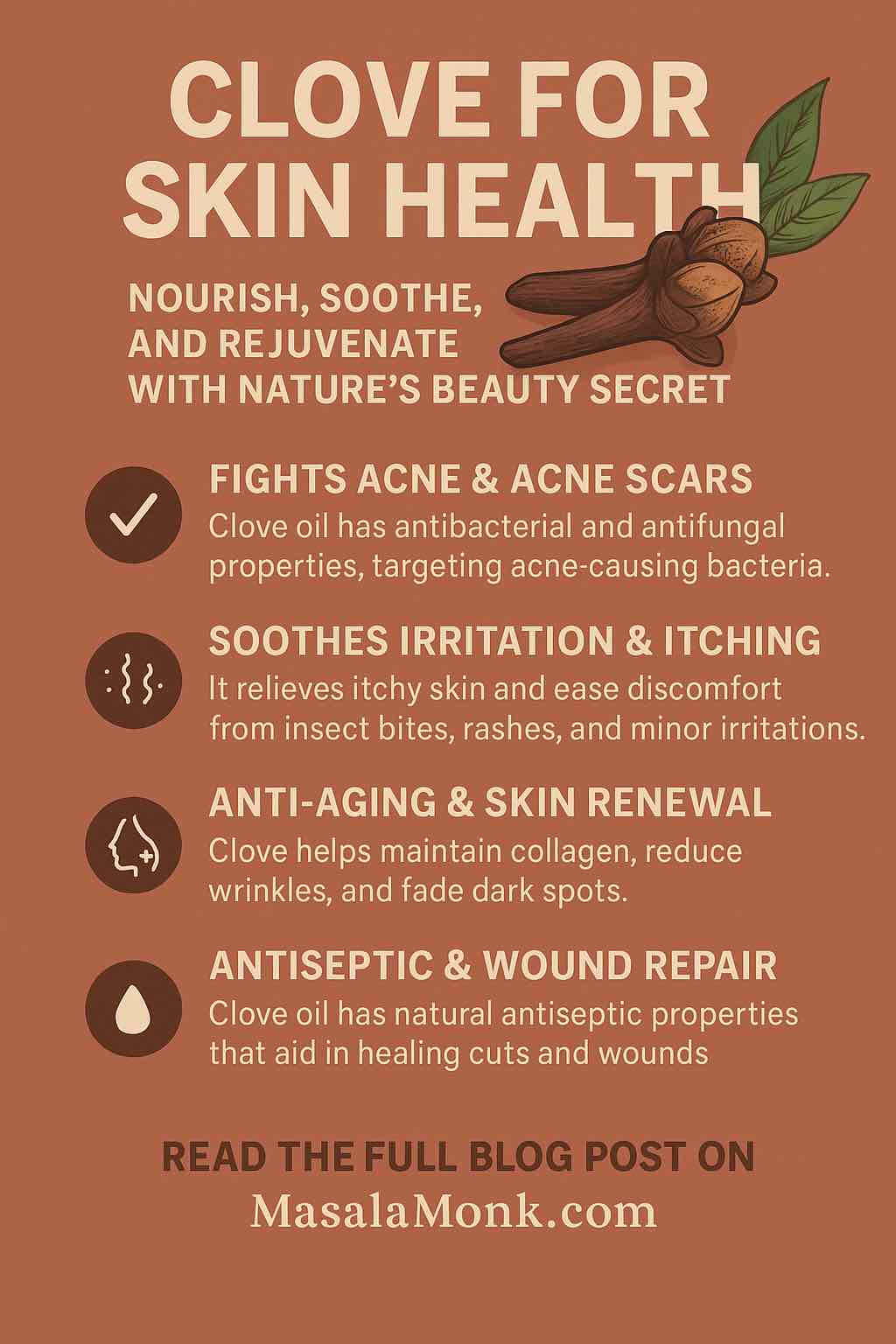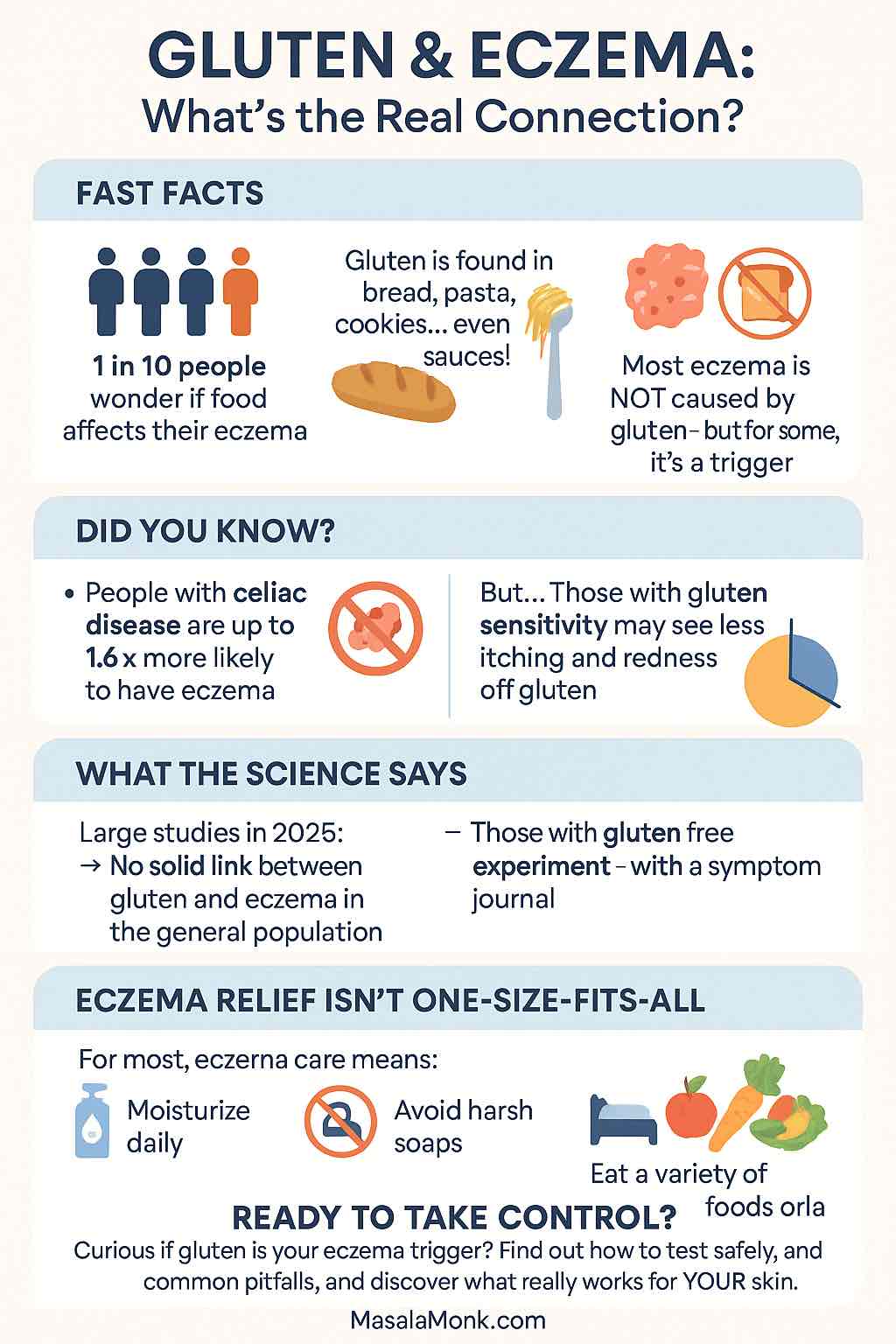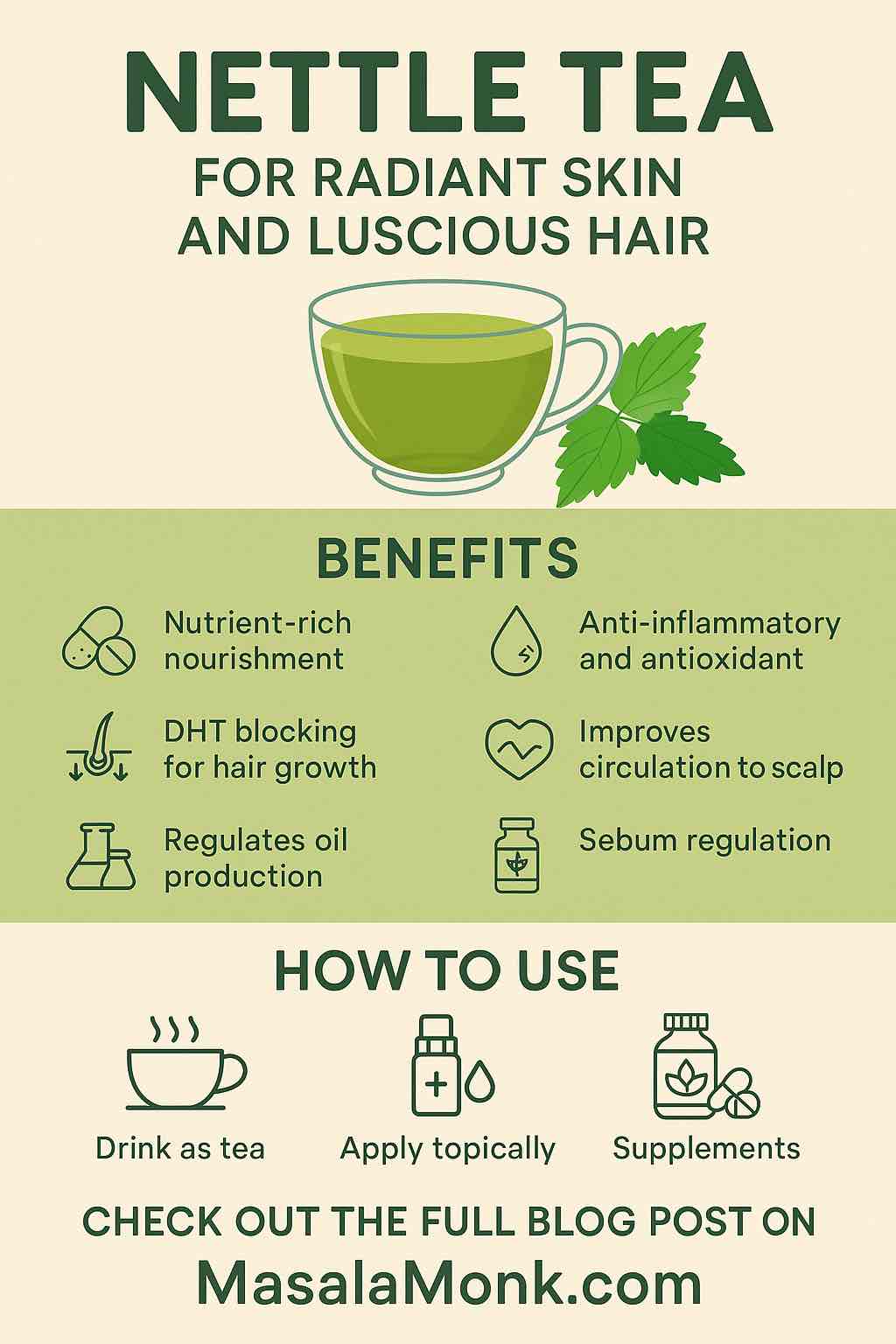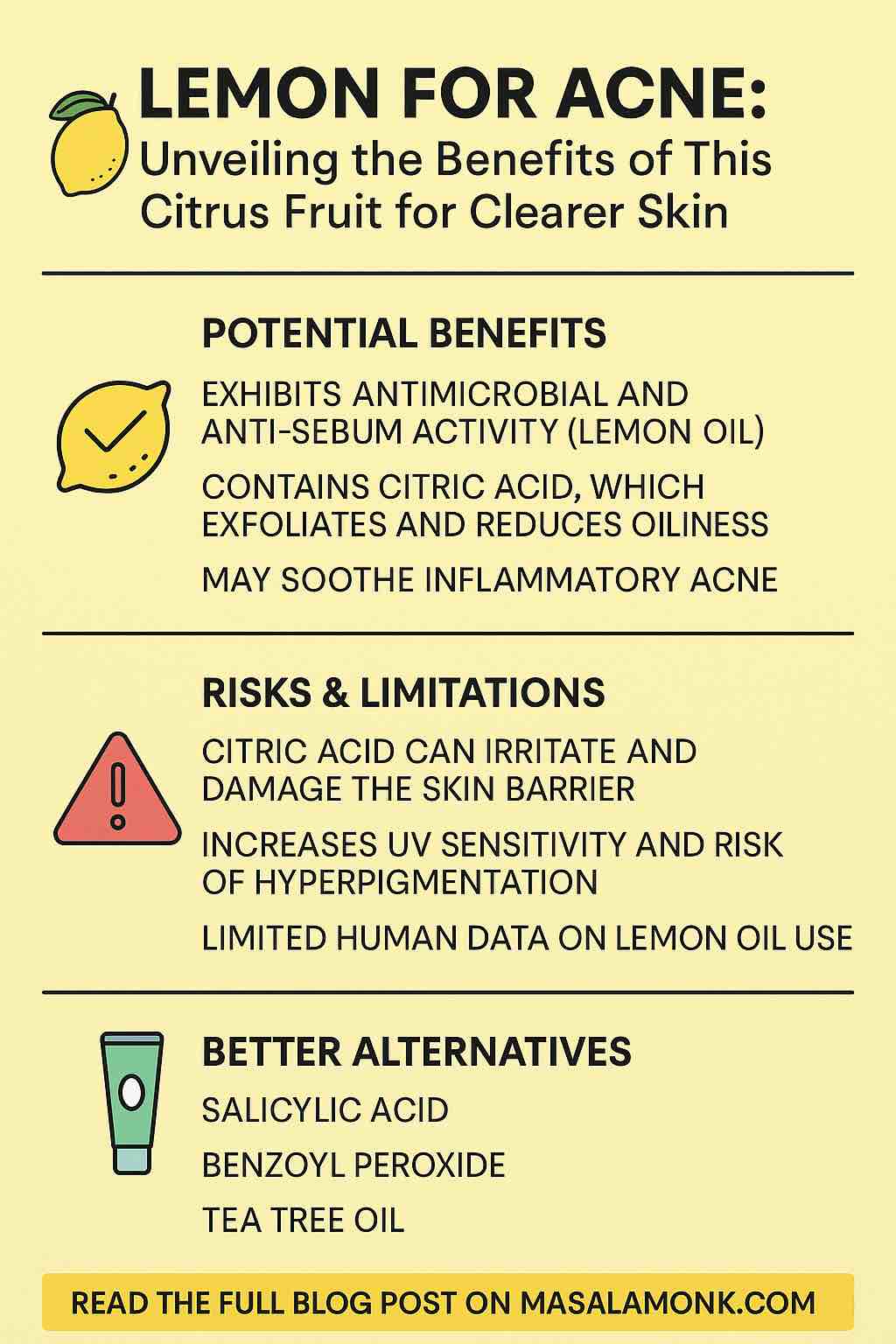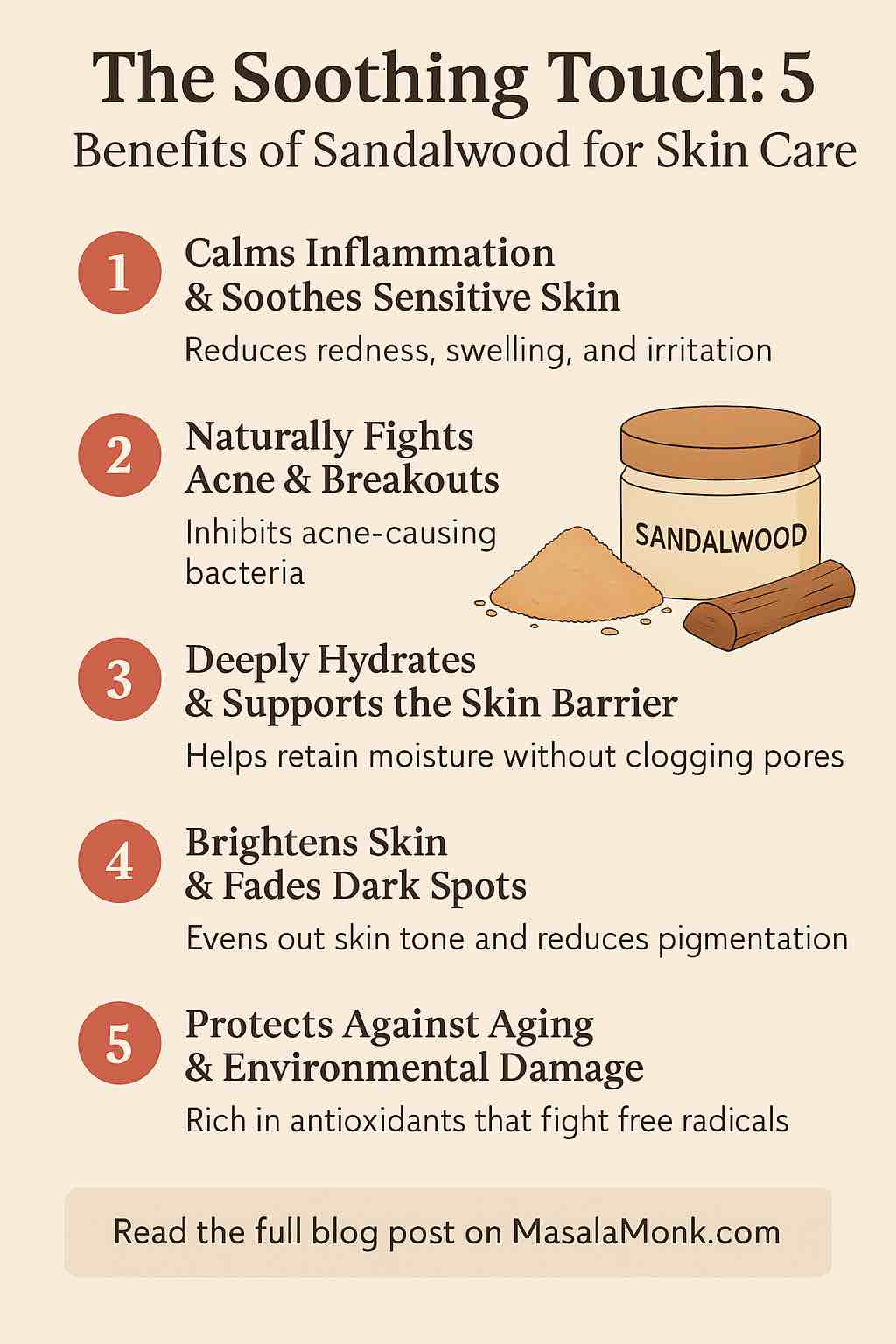
If you’re a skincare enthusiast—or even just someone who wants to take better care of their skin—you’ve likely heard the buzz about sandalwood. This age-old ingredient is more than just a fragrant wood: it’s a skincare powerhouse backed by centuries of traditional use and, increasingly, modern clinical research.
But what makes sandalwood truly special? How can you use it in your routine, and what does the latest science say about its effectiveness?
Let’s take a deep dive into the proven benefits of sandalwood for skin, along with practical ways to incorporate it into your daily routine.
1. Calms Inflammation & Soothes Sensitive Skin
Why It Works:
Sandalwood contains natural compounds—like α-santalol and β-santalol—that have potent anti-inflammatory effects. Research shows that sandalwood oil can reduce redness, swelling, and irritation by blocking the same inflammatory pathways targeted by some prescription treatments. It’s especially helpful for conditions like acne, eczema, and sunburn【1】【2】.
Practical Use:
- DIY Mask for Redness: Mix 1 tsp sandalwood powder with rose water to form a paste. Apply to clean skin, leave for 15–20 minutes, and rinse off.
- Spot Treatment: Dab a drop of diluted sandalwood oil (always use a carrier oil) onto irritated spots to quickly calm inflammation.
Pro Tip:
Always patch-test sandalwood oil on your wrist or behind your ear before applying to your face, especially if you have sensitive skin.
2. Naturally Fights Acne & Breakouts
Why It Works:
Sandalwood isn’t just soothing—it’s a natural antimicrobial agent. Clinical studies show that sandalwood oil can inhibit the growth of acne-causing bacteria (Cutibacterium acnes and Staphylococcus aureus), making it an excellent addition to acne-prone skin routines【3】【4】.
Practical Use:
- Overnight Pimple Paste: Combine a pinch of sandalwood powder with a drop of honey and a drop of lemon juice. Dab onto blemishes and rinse off in the morning.
- Gentle Cleanser: Add a few drops of sandalwood oil to your regular face wash for a purifying boost.
Pro Tip:
For best results, use sandalwood formulations at 1–10% concentration, as proven in clinical studies. Too much can irritate; too little may not be effective.
3. Deeply Hydrates & Supports the Skin Barrier
Why It Works:
Unlike many essential oils, sandalwood is hydrating and non-comedogenic (it won’t clog pores). It helps your skin retain moisture and strengthens the skin barrier, making it ideal for dry or combination skin types【5】.
Practical Use:
- Moisturizing Mask: Mix 1 tsp sandalwood powder with 1 tsp milk or yogurt. Apply for 10–15 minutes, then rinse.
- Hydration Booster: Add 1–2 drops of sandalwood oil to your regular moisturizer.
Pro Tip:
Layer sandalwood under a ceramide-rich moisturizer at night for maximum barrier repair, especially in dry or harsh climates.
4. Brightens Skin & Fades Dark Spots
Why It Works:
Sandalwood’s compounds help inhibit the enzyme tyrosinase, which drives melanin production (the cause of dark spots and hyperpigmentation). Used regularly, sandalwood can even out your complexion and brighten dull skin【6】.
Practical Use:
- Brightening Mask: Mix sandalwood powder with turmeric and a bit of milk. Apply to areas of pigmentation twice weekly.
- Night Spot Serum: Blend a few drops of sandalwood oil with a carrier like jojoba oil and apply to dark spots at night.
Pro Tip:
Consistency is key. Natural skin brightening takes weeks to show results, so use sandalwood masks or oils regularly.
5. Protects Against Aging & Environmental Damage
Why It Works:
Sandalwood is loaded with antioxidants—even outperforming vitamin E in recent lab studies for fighting blue light and pollution-induced skin damage. It helps neutralize free radicals, reduce fine lines, and preserve skin’s youthful glow【7】【8】.
Practical Use:
- Sunscreen Companion: Mix 1–2 drops of sandalwood oil into your daily sunscreen or moisturizer.
- After-Sun Mask: Mix sandalwood powder with aloe vera gel for a soothing, reparative treatment after sun exposure.
Pro Tip:
Look for products or DIY blends with other antioxidant-rich ingredients (like vitamin C or niacinamide) to boost anti-aging effects.
Latest Innovations: Sandalwood in 2025
- Sunshield Creams: New clinical trials show sandalwood oil–infused sunscreens offer broad-spectrum UV protection with added soothing and hydrating benefits【9】.
- Luxury Blends: Brands now combine sandalwood with sustainable carrier oils and even tallow for high-performance, eco-conscious creams.
- Blue Light Defense: Sandalwood’s ability to counteract pollution and digital stress is making it a top pick for modern, urban skincare routines.
How to Choose & Use Sandalwood Safely
- Source Matters: Look for ethically sourced, GC/MS-tested sandalwood (preferably Santalum album from plantations) to avoid adulteration.
- Essential Oil Safety: Always dilute sandalwood oil before applying to skin. Use carrier oils like jojoba, almond, or grapeseed.
- Patch Test: Even natural ingredients can cause reactions. Always patch-test new products.
Final Thoughts: Is Sandalwood Worth the Hype?
Science and tradition agree: sandalwood is more than just a fragrant luxury—it’s a practical, multi-purpose ingredient that fits beautifully into modern skincare. Whether you’re fighting acne, calming inflammation, fading spots, or simply seeking a more radiant complexion, sandalwood is a gentle yet effective solution.
So why not add a little sandalwood to your routine and see what the “soothing touch” can do for you?
References
- Planta Medica Journal
- Frontiers in Pharmacology, 2018
- Anokha Skincare, Sandalwood Research
- Journal of Clinical and Aesthetic Dermatology, 2018
- MDPI Cosmetics, 2022
- Lelior, Aromatherapy Blog, 2025
- Verywell Health: Essential Oils for Inflammation
- MDPI Cosmetics, 2021
- Journal of Neonatal Surgery, 2025
10 FAQs About Sandalwood for Skin Care
1. What is the best way to use sandalwood for acne?
Answer:
Mix sandalwood powder with rose water to make a thick paste and apply it directly to affected areas. Leave it on for 15–20 minutes and rinse. Alternatively, use a drop of diluted sandalwood essential oil as a spot treatment. Always patch-test before full use.
2. Can sandalwood help with sensitive or eczema-prone skin?
Answer:
Yes! Sandalwood’s anti-inflammatory properties can soothe itching, redness, and irritation. Use a mild paste (sandalwood powder + aloe vera gel) or look for creams with 1–10% sandalwood oil concentration, proven safe in clinical studies.
3. Is sandalwood safe for daily use on the face?
Answer:
Generally, yes, especially when diluted. Avoid applying undiluted essential oil directly to skin. If you use masks or serums with sandalwood, 2–3 times per week is ideal; moisturizers or cleansers can be used daily if tolerated.
4. Can sandalwood help fade dark spots or pigmentation?
Answer:
Regular use can gradually lighten dark spots thanks to sandalwood’s ability to inhibit melanin production. Consistent application (2–3 times per week) is key for visible results over 4–8 weeks.
5. Are there any side effects of using sandalwood oil?
Answer:
Some people may experience allergic reactions or skin sensitivity. Always dilute sandalwood oil with a carrier and do a patch test. If irritation occurs, discontinue use and consult a dermatologist.
6. What’s the difference between sandalwood powder and sandalwood essential oil?
Answer:
Sandalwood powder is made from finely ground sandalwood and is used for masks and pastes. Essential oil is highly concentrated, steam-distilled from the heartwood, and is best for serums or diluted spot treatments. Both are effective but have different applications.
7. How do I know if my sandalwood product is authentic?
Answer:
Check for “Santalum album” as the ingredient, certification of ethical or plantation sourcing, and GC/MS (gas chromatography/mass spectrometry) purity testing. Authentic sandalwood is often more expensive and has a sweet, woody scent.
8. Can sandalwood be used on all skin types?
Answer:
Yes, but with adjustments. Oily/acne-prone skin may benefit from powder masks, while dry or sensitive skin can use hydrating sandalwood creams. Always monitor your skin’s response.
9. Does sandalwood protect against pollution and blue light?
Answer:
Recent research confirms sandalwood’s antioxidant effects help neutralize oxidative stress caused by pollution and blue light, making it ideal for urban or digital lifestyles.
10. Is sandalwood oil safe during pregnancy?
Answer:
Topical use in low concentrations is generally considered safe, but consult with your healthcare provider before using any essential oils during pregnancy or breastfeeding.

